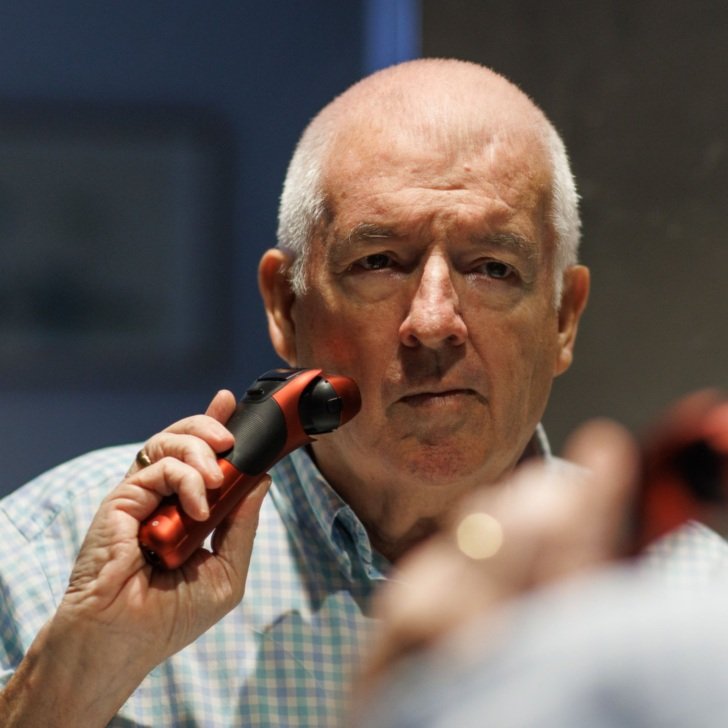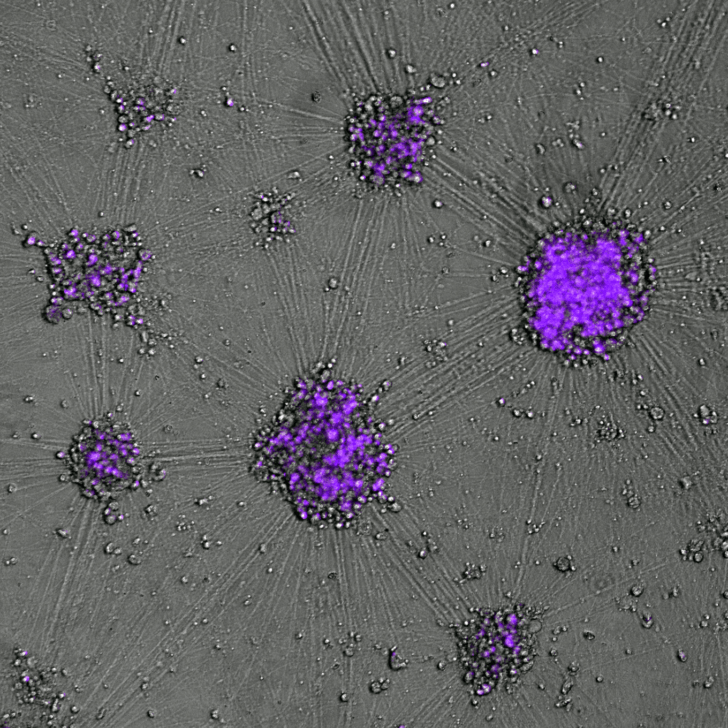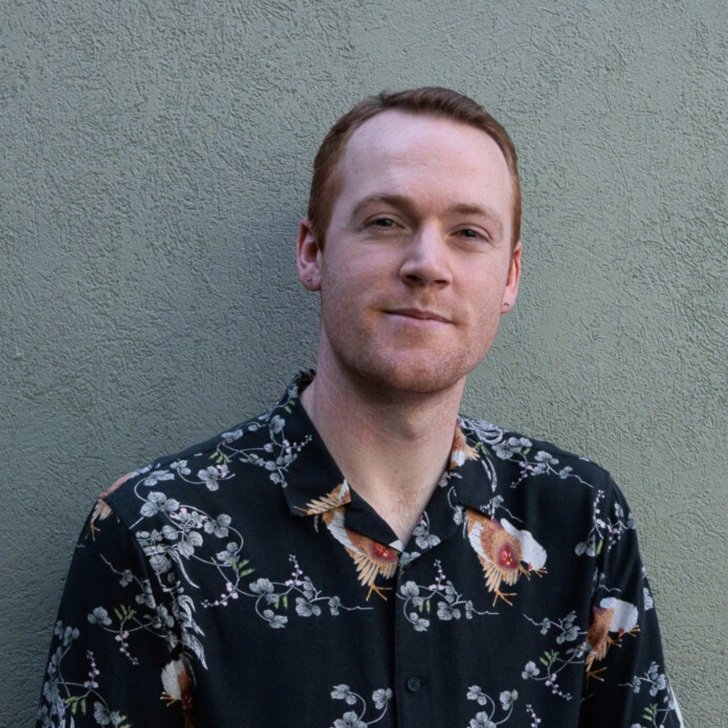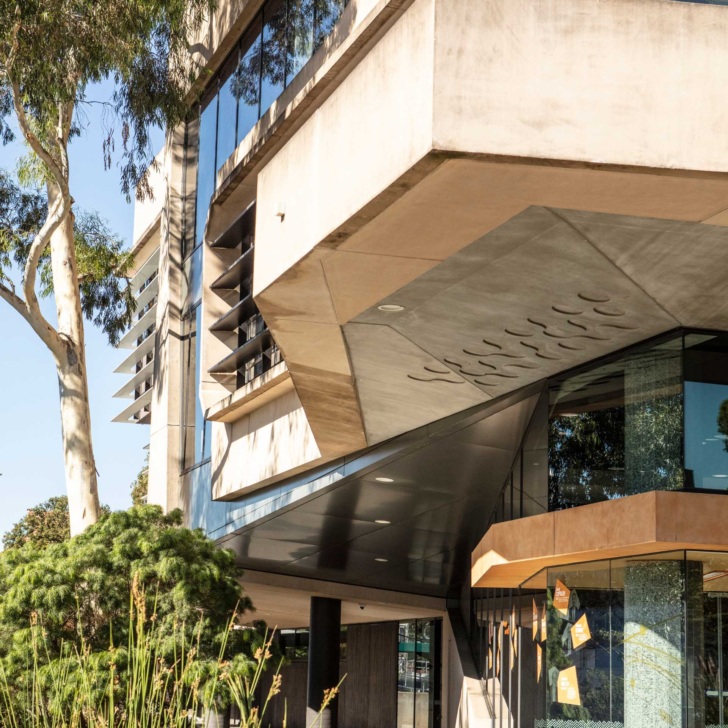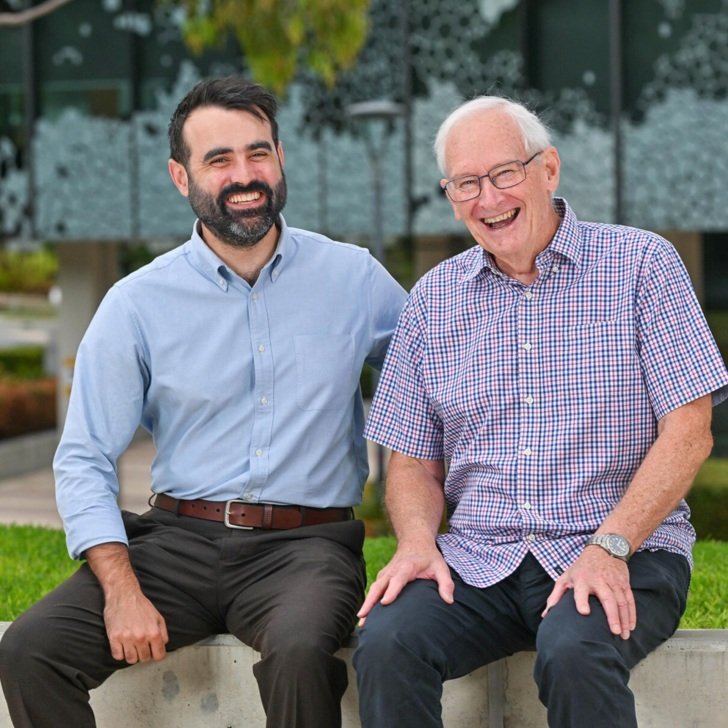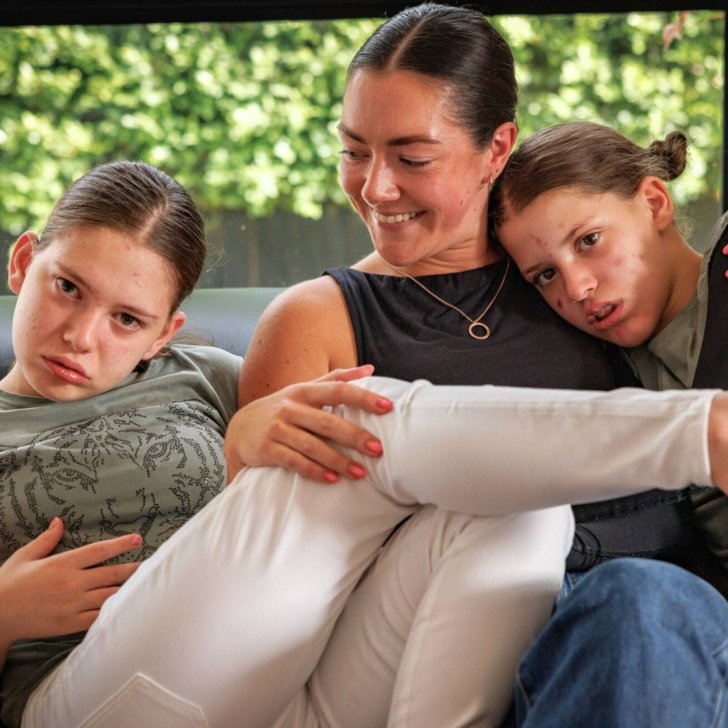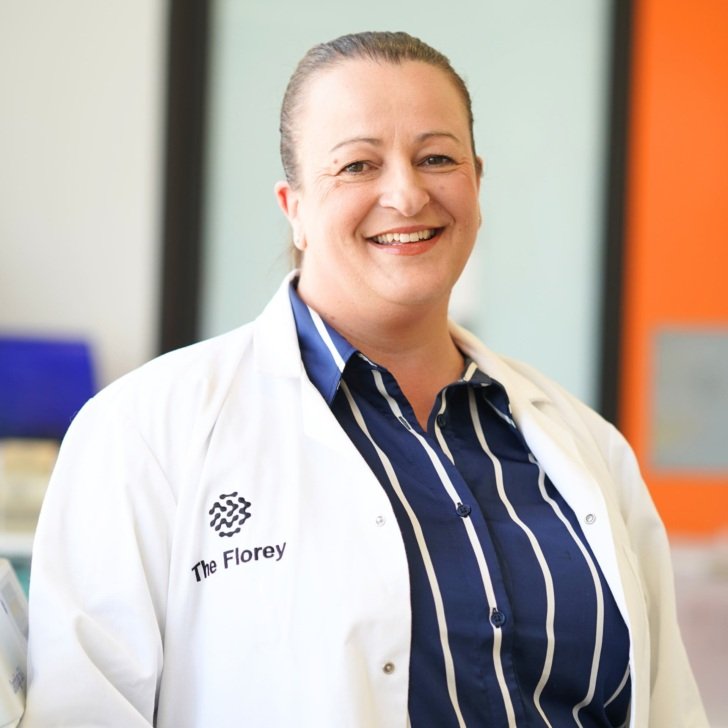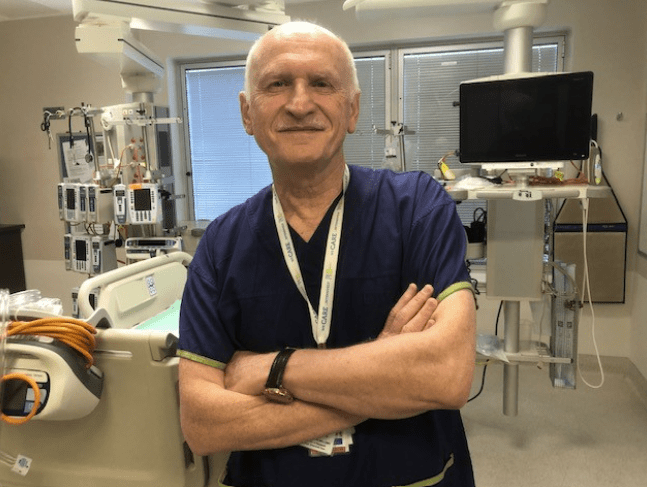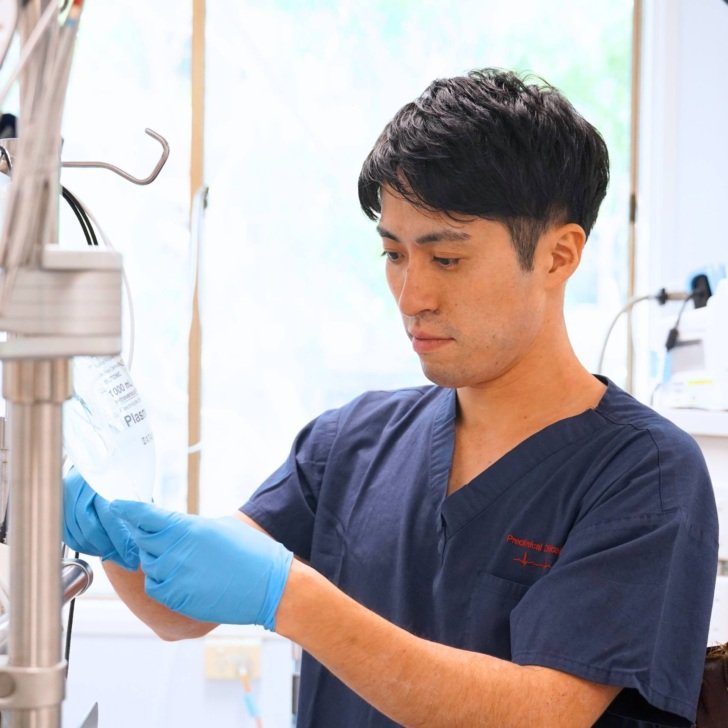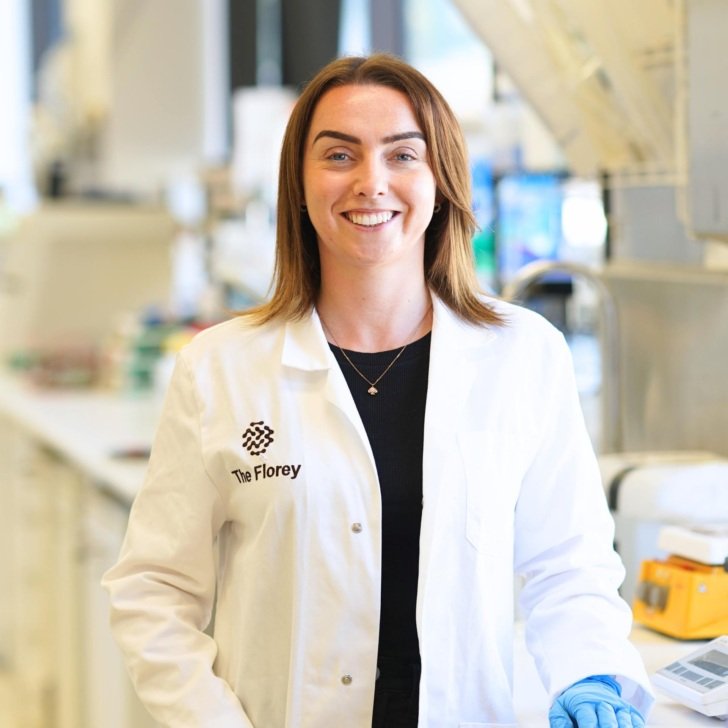Neuroscientists from the Florey Institute have secured nearly $4 million to advance potential treatments for stroke, acute brain and kidney injury, and reducing the risk of sudden unexplained death in epilepsy (SUDEP).
Professor Clare Parish, Associate Professor Yugeesh Lankadeva and Professor Chris Reid will lead research under three new grants from the Australian Government’s Medical Research Future Fund.
Stem cells for stroke recovery
Professor Clare Parish, Co-Head of our Neuroregeneration Theme, will assess the suitability of a stem cell therapy in protecting existing brain function and replacing lost neural circuitry in stroke patients.
Working with Professor Lachlan Thompson, Professor Clive May and Dr Charlotte Ermine, the team from the Florey, awarded $2 million, hope to further their recent research success where they restored mobility in an animal model of stroke using stem cell grafts in the brain.
“Despite great hope for stem cell therapies for stroke, clinical trials to date have largely failed due to a focus on safety at the expense of evidence of preclinical effectiveness. Our investigation aims to rectify this, providing the necessary data needed for a clinical trial. Our hope is that this could provide a much-needed therapy for people living with stroke,” said Professor Parish.
Examining a new therapy to prevent brain injury
A second grant of $1 million was awarded to Associate Professor Yugeesh Lankadeva, Group Head in our Systems Neuroscience Theme, to determine the safety and efficacy of a novel zinc-based therapeutic in reducing injury to the brain and kidneys during heart surgery.
Leading an interdisciplinary team including the Florey’s Associate Professor Scott Ayton, Professor Clive May and Dr Ashenafi Betrie, he hopes to build off recent research which found that zinc helps to regulate blood vessel health in vital organs.
“During heart surgery, we found that blood supply to the brain and kidneys are depleted – but it can be restored using a novel compound we developed, delivering zinc into cells. Our research will provide the evidence needed for future clinical trials, which we hope will improve health outcomes for patients who require essential heart surgery,” said Associate Professor Lankadeva.
Investigating the impact of seizures on the heart
Further funding of $850,000 was awarded to Professor Chris Reid, Head of our Networks and Neurodevelopment Theme, to investigate the impact of seizures and their effect on cardiac function. His team will include the Florey’s Associate Professor Yugeesh Lankadeva, Professor Clive May, Dr Lindsea Booth and Dr Ming Shiuan Soh, and Professor Samuel Berkovic from the University of Melbourne.
The team hope their research will open new pathways for treatments that reduce the risk of sudden unexplained death in epilepsy (SUDEP) and provide important data needed to progress to clinical trials.
“SUDEP has a devastating impact on the lives of people living with epilepsy and is likely to be caused in some patients by cardiac failure during an epileptic event. Using various models of epilepsy, we’ll record both brain and heart function to better understand the relationship between the two during a seizure. These data will then enable us to test therapeutic interventions to see if we can protect the heart from seizures,” said Professor Reid.
Professor Trevor Kilpatrick, Director of the Florey Institute, thanked the Australian Government for the grants saying:
The Florey thanks Australian Government for their continued funding of health and medical research, and for supporting researchers like Professor Parish, Professor Reid and Associate Professor Lankadeva, who work to improve the health and wellbeing of Australians living with unmet medical needs.

